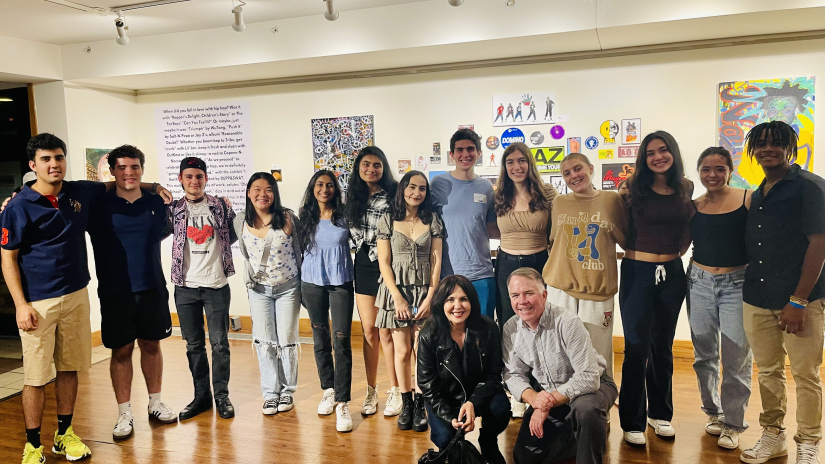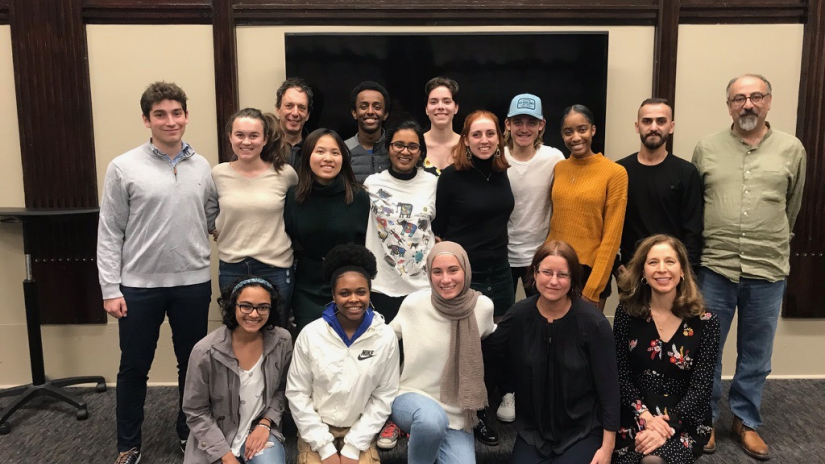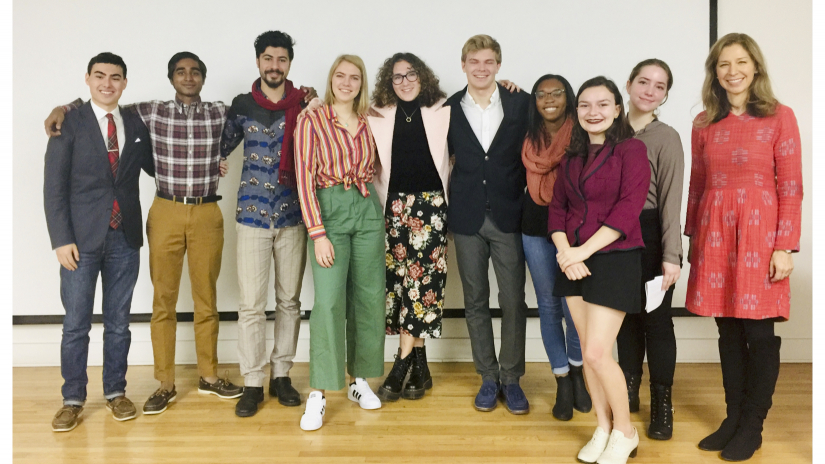Geopolitics & Culture
Overview
This cluster explores a rich and diverse array of cultures, societies, and histories traditionally associated with global divisions of East and West. How have these geopolitical entities been historically constructed and imagined, represented and misrepresented, lived and inhabited? With a specific focus on the Middle East and its interactions with the West, we chart the emergence of global empires and colonialism and how this contributed to shaping conceptions of race, ethnicity, and identity in the modern age.
How has the relationship between East and West—and between North and South—played out as one of dominance and conflict, oppression and resistance? Each course in the cluster explores this question on a micro level, at the level of people and their ideas. We look closely at specific geographical locales and time periods—in the United States, Europe, North Africa, the Iberian Peninsula, Palestine/Israel, the Levant, and the Gulf—what is broadly known as Western Asia. Some see a “clash of civilizations,” but we explore the productive exchange of ideas through coexistence—and communication—between peoples and cultures.
Courses
Political Science 177FS - 9/11 and after: The World We've Inherited and the Quest to Make a Difference (SB)

Mark Dalhouse, Academic Dean, Trinity College
This course critically examines the 9/11 attacks and its impact on American politics and culture. It surveys the events, people, and ideologies which led to the 9/11 attacks and its immediate aftermath, and examines the U.S. war in Afghanistan, treatment of detainees, surveillance of American Muslim communities, and rise of a national security apparatus in the U.S. The course assesses the rise of anti-immigrant, Islamophobic, anti-Semitic and extreme nationalist U.S. domestic terror groups since 9/11. Focus students will interact with local Afghan refugees and encounter global difference.
Asian and Middle Eastern Studies 190FS/ International and Comparative Studies 190FS/ Ethics 190FS - Learning from the Middle East: Tolerance and Suffering, (IJ)

Mbaye Lo, Associate Professor of the Practice of Asian and Middle Eastern Studies
This class explores the complexity of the Middle East by addressing modules focused on political and cultural dynamics. One module examines the Israeli-Palestinian conflict, another investigates religiously motivated violence and terrorism, and a third addresses the political crisis in Sudan. Each module includes specific materials and assignments tailored to its theme, helping students engage with and analyze the ethical dilemmas they present. Students will explore the region’s rich cultural and political history, participate in dialogues with guest speakers, and engage with films and documentaries to examine diverse political and scholarly perspectives while reflecting on the ethical dimensions of human actions.



